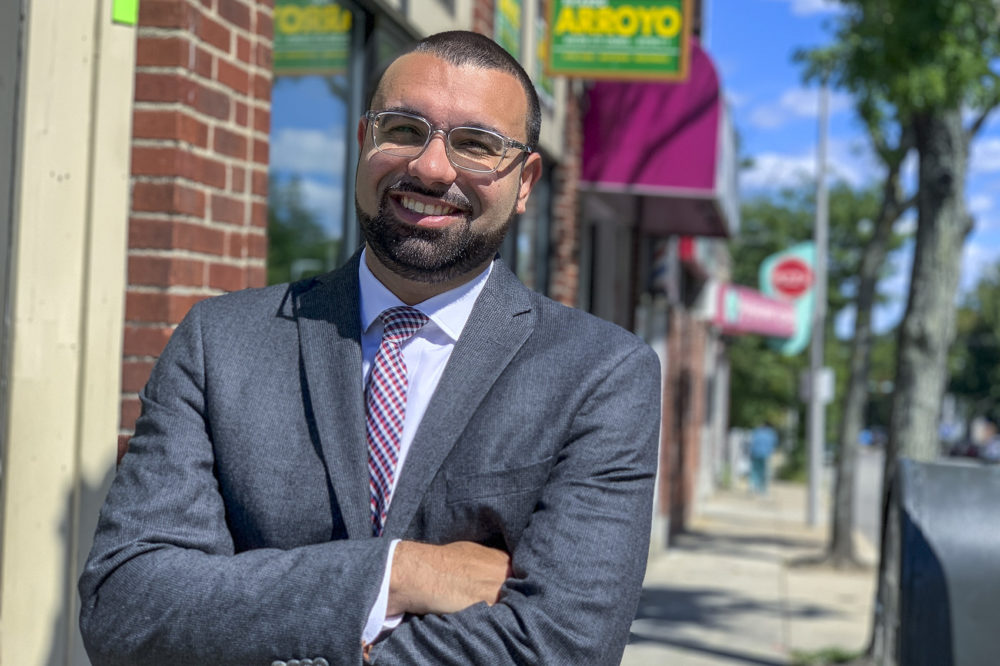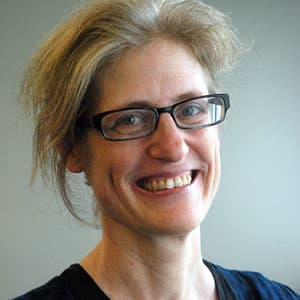Advertisement
Boston City Councilor Ricardo Arroyo Discusses Racism As A Public Health Crisis
Resume
Following recent protests against police brutality in Boston, Mayor Marty Walsh has declared racism a public health crisis. Boston City Councilor Ricardo Arroyo requested that back in March — his first speech from the council floor focused on the devastating health impacts of racism in Boston. Arroyo spoke with WBUR's Sharon Brody about what the declaration means for the city.
Interview Highlights
On the origins of his proposal back in March:
There's a heartbreaking reality to being a person of color in America in understanding that race matters every day. When I made my proposal in March, I ... don't think anybody of color needed the pandemic to know what the data was showing us, which is that Black [people] and Latinos in Boston, ... we're at the bottom of every health outcome ... Life expectancy differences, arthritis, heart disease, all of them. And the Boston Public Health Commission had already found that racism was a leading driver of inequity and had an independent impact on all of the 26 social determinants that are used to determine what your health outcomes will look like. Declaring racism a public health crisis, for me at least, was the equivalent of calling the sky blue. It was the easy part. The hard part was coming up with a cure for what we knew and still know to be systemic racism.
On the degree to which this declaration will help communities of color:
We proposed an office that would be independent of the mayor and that would take all of the legislation and policy and things that we do. And when you put that proposal in front of this independent office that would operate similar to the Congressional Budget Office, it would just give you the facts. They would say, "This thing ... is going to increase racial inequity, [or] it's going to decrease racial inequity, or it's going to have no impact on racial inequity. So that racial inequity is built into everything that we do in this city, and it's done independently and it's done as a guarantee."
That was the proposal. What we got instead was "Racism is a public health crisis," which was the easy part. "We're gonna give twelve million dollars to treat the symptoms of racism." Nothing about the systemic root cause of it. No changes to the system itself. A systemic solution for a systemic problem was completely taken out of that proposal.
On the calls in Boston and throughout the country to defund the police:
I come from public defense, but I've also been ... stopped and frisked in my life. I think part of the issue that we have to understand when it comes to policing is that --and I think most police would agree with this — they don't solve crime. In the sense that they don't ... really have a mechanism to address the root causes of crime — the poverty, the mental health, the instability. They treat the symptoms of those things. They don't treat the disease ...
What I understand defunding to be is if we had mental health beds, if we had more substance abuse beds, if we had more treatment and we had more money for education and programing, all of the data correlations. It actually drops crime ratings when these things are happening, just as easily as it raises it when we don't have those things.
The investment in police is an investment in treating the symptoms of those things, not an investment in the cure. When people call for defunding police, it's essentially a call to rethink how we go about solving the disease, and at the end of the day, I agree with that.
This segment aired on June 14, 2020.
